Propane Gas Systems
Considerations for Residential Construction
Sponsored by Propane Education and Research Council
When planning and designing homes, architects should know that more than 12.6 million U.S. households rely on propane for their primary energy needs. Propane has many advantages such as offering heat for water, outdoor spaces, and inside the home. In addition, propane provides clean fuel for comforting fireplaces, cooking food, and drying clothing. Propane can be stored above ground or in underground propane tanks, an option many builders are choosing in order to fuel homes off the natural gas mains. This course will cover important considerations when planning for propane use in residential construction.

Photo courtesy of Propane Education & Research Council (PERC)
The Propane Education & Research Council is a nonprofit that provides leading propane safety and training programs and invests in research and development of new propane-powered technologies. PERC programs benefit a variety of markets including residential and commercial building.
Originally published in Architectural Record
Originally published in November 2024
LEARNING OBJECTIVES
- Explore the role of propane as an energy choice, as well as electricity, gas, heating oil, and solar energy.
- Examine how propane benefits the environment and well being of occupants within residential spaces.
- Analyze how propane can benefit occupants in various residential applications, specifically propane use inside the home, outside the home, and temporary heating during construction.
- Identify aspects of propane specification such as propane services, tank size considerations, and tank options.
- Comprehend the opportunity for Zero Net Energy homes and how “zero” may be defined.











